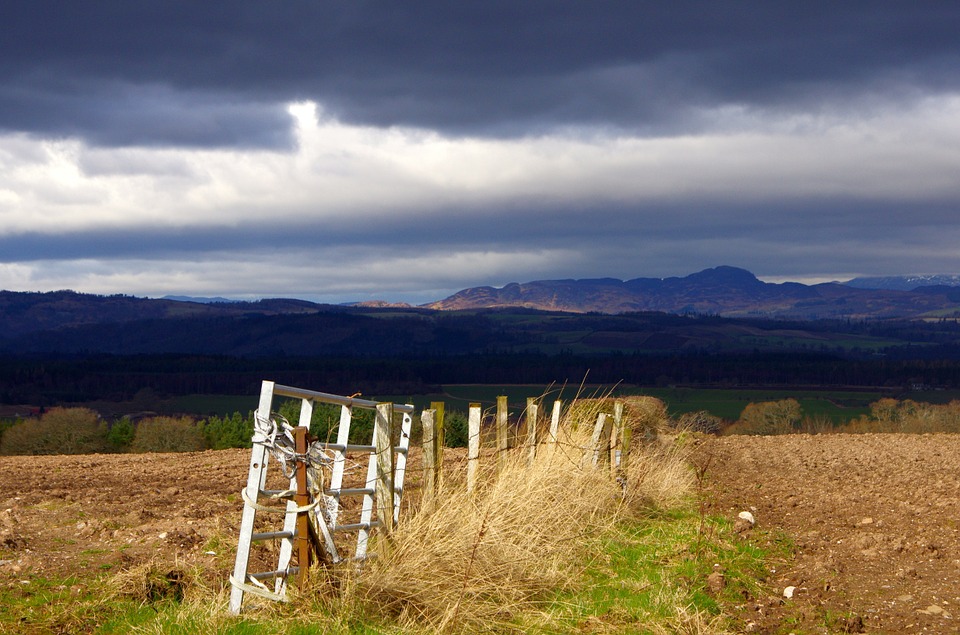
Monsanto’s Roundup Kills and Damages More than Weeds
Protests against Monsanto's Roundup - with its poisonous, weed-killing glyphosate - have spread around the globe. An arm of the World Health Organization (WHO) declared it a probable cause of cancer in 2015. California's Environmental Protection Agency (CA EPA) recently decided to label it as such.
Environmental groups and activists in Northern California, a region known for its wines, advocate a moratorium on this herbicide as health concerns mount. Roundup is the world's most widely used pesticide.
February 3, 2016 | Source: Truth Out | by Shepherd Bliss
Protests against Monsanto’s Roundup – with its poisonous, weed-killing glyphosate – have spread around the globe. An arm of the World Health Organization (WHO) declared it a probable cause of cancer in 2015. California’s Environmental Protection Agency (CA EPA) recently decided to label it as such.
Environmental groups and activists in Northern California, a region known for its wines, advocate a moratorium on this herbicide as health concerns mount. Roundup is the world’s most widely used pesticide.
Roundup’s active ingredient, glyphosate, was the focus of a January 28 informational event. It was initiated by the Watertrough Childrens Alliance as a fundraiser for a lawsuit against winemaker Paul Hobbs for converting an apple orchard into a vineyard adjacent to schools, thus putting the health of around 500 children at risk by spraying Roundup. The Sonoma chapter of the Sierra Club co-sponsored the evening.
Sebastopol Mayor Sarah Glade Gurney welcomed a panel of three experts and around 60 people from Sonoma and Napa counties and moderated an active discussion.
“Ninety-three percent of soybeans and 80 percent of corn in the US are grown with Monsanto GMO seeds,” reported Ella Teevan, an organizer of the Washington, DC-based Food & Water Watch. “Food & Water Watch wants a moratorium on more GMOs and their labeling.”
“Our food system and how we interact with our environment is broken,” Teevan continued. “Instead of serving people, profit is served. We need to fix our food system.”
“Glyphosate has become a pervasive presence in the environment – 65 percent of water in some countries has traces of it,” said attorney Jonathan Evan of the Tucson, Arizona-based Center for Biological Diversity. “Exposure can create a number of problems, including liver and kidney damage. It can even change one’s DNA. Our goal is to protect health and keep these products out of the market.”
“After the CA EPA decision to label Roundup, Monsanto filed a lawsuit against them. They claimed that their First Amendment rights to free speech were being violated,” Evan reported.
